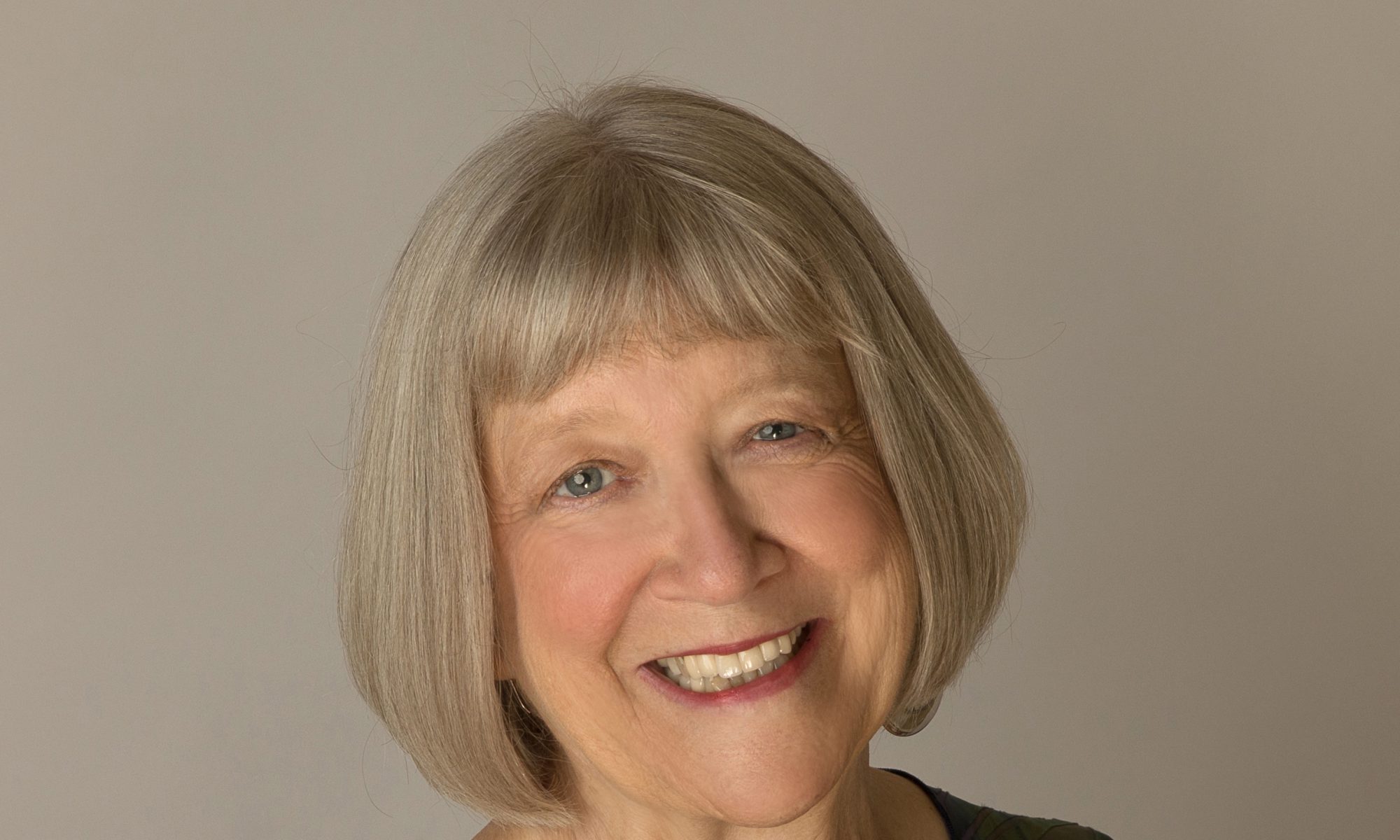Myths around domestic violence
How abusers blame their victims, manipulate the system, & how we can stop it
Myths around domestic violence are alive and well. Whether it comes from an innate sense of justice or from watching shows like Law & Order: SVU, a fundamental belief in our society seems to be that eventually all abusers get caught—and get rightfully punished. But most people don’t know how much abusers can do to intimidate, torment, and harass their victims, even after police intervene.
Domestic violence is almost always worse than it seems because abusers are the worst of humanity: they’re great manipulators who find loopholes, muddy the waters wherever they can, and keep whole families isolated, terrified, and unable to live up to their potential.
What Experts See
We asked a group of local domestic violence advocates what the TV shows get wrong, and how we can all do a better job of holding abusers to account. They shared their stories with us anonymously, as they work closely with survivors whose lives are actively in danger.
The group agreed the biggest difference between TV procedural dramas and real life is the sheer number of opportunities abusers have created to manipulate the systems meant to stop them.
One advocate told the story of a client, “who had been physically wounded, and when law enforcement arrived, she was upset, having been attacked. However, her abuser remained very calm once police were on-scene, and because the victim was verbally aggressive to the abuser, she was initially arrested as the aggressor. While she waited to post bond, her abuser filed for a protective order. She returned to her own apartment—which was in her name, and not her abuser’s!—and was arrested for violating the protective order when she arrived home in her own apartment!”
That abuser instantly grasped the opportunity to use his victim’s completely human and understandable reaction against her in that moment. Because of his quick thinking, it didn’t matter whether his initial claim that he was the one who had been attacked was unsupported by the evidence—he was able to completely turn the tables on his victim with his clever legal maneuvering.
Another advocate told us, “I had a client whose abusive husband was ordered to leave her home and was successful in filing for and obtaining a protective order. One night shortly after that, she saw him on her property and called 9-1-1. Police arrived and found the husband on the scene and arrested him. However, he beat the charges because there was no documentation he had been served with the protective order.”
Abusers do everything they can to make a survivor’s life hell during the court process. They know that by purposefully missing court dates or using legal delaying tactics to drag out the proceedings, they make it even more difficult for survivors to get justice. This is especially true when abusers know their victims have kids to take care of and have difficulty arranging time off of work or transportation to court. One advocate’s client wants to face her abuser in court; while awaiting her chance, though, she’s had to make seven different trips to court in order to file for protective orders and charges after the abuser assaulted her. Another advocate added that her client had recently lost her job because her supervisor felt she had become unreliable due to the absences caused by her court dates.
They do everything they can to shield themselves
Some abusers try playing nice and attempt to make up with their victims while charges are pending—counting on having the confusing leverage of asking someone who loves them not to put them in jail or not to put their children’s dad in jail. Others make threats against their victims. Many use the courtroom to suggest that they are a source of stability for their families or that they are too valuable to send to jail. They often show up to court in nice suits, talk about the ways they work hard to support their families financially, and try to make us ask ourselves, “What will happen to this family without this financial support?” They do everything they can to shield themselves, to get us focused on the victims in the hopes we’ll forget there was ever a violent incident in the first place.
Myths around domestic violence
Abusers often try to use the effects of trauma—which has been shown to cause a wide range of effects from depression and sadness to anger and irritability, or from denial to self-medication through substance use—as a way to cast doubt. They try to spin the signs of trauma they inflicted as proof a victim is unreliable. To abusers, any kind of emotional reaction in a survivor can represent an opportunity, and they are relentless in trying to make the situation look more complicated than it is. Each question they make us answer about anything other than their abusive actions is a calculated distraction. It can work when advocates fail to recognize the signs of exposure to trauma and chronic stress as stemming from the violence.
Loopholes abusers commonly exploit are systemic
The issues and loopholes abusers commonly exploit are systemic. Real life doesn’t play out like a tightly scripted 42-minute drama with scheduled commercial breaks. We know it’s not TV. We can’t hold every single abuser to full account for their crimes.
How we can help
But while we won’t catch each abuser, or stop every single instance of abuse, we can start by making sure we don’t accomplish their goals for them. We can do a better job making sure accountability for abuse belongs to abusers and stop asking unproductive, victim-blaming questions. If we start with the right questions, we can give survivors the tools they need to get justice and move on with their lives as the healthy, productive, stable families that their abusers try so hard to stop them from being.
We can start being more supportive
We can start being more supportive in the questions we ask survivors of abuse to answer for. Instead of asking, “What’s wrong with you?” we can get better results by asking, “What happened to you?”
Find out more about our Domestic Violence Services program here.
Becoming a Trauma-Informed Practice
A trauma informed practice is defined as an organizational structure and treatment framework that involves understanding, recognizing, and responding to the effects of all types of trauma. Trauma Informed Practice also emphasizes physical, psychological and emotional safety for both patients and providers, and helps survivors rebuild a sense of control and empowerment. Find out more: https://www.aap.org/en-us/advocacy-and-policy/aap-health-initiatives/resilience/Pages/Becoming-a-Trauma-Informed-Practice.aspx



